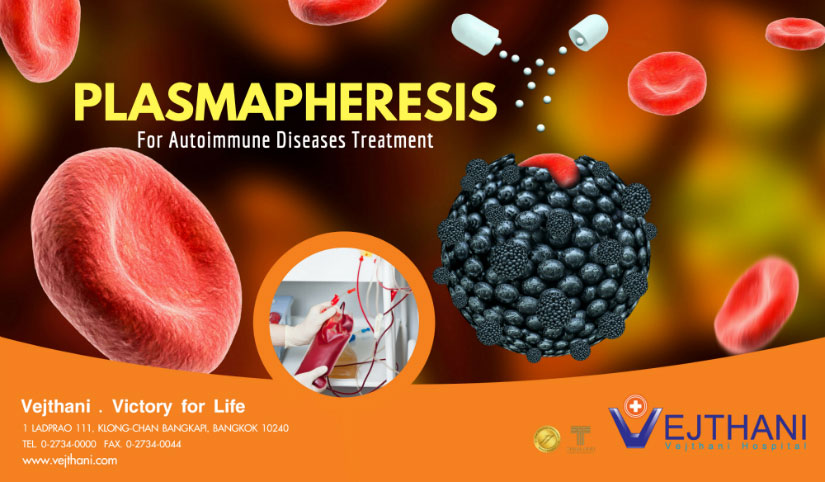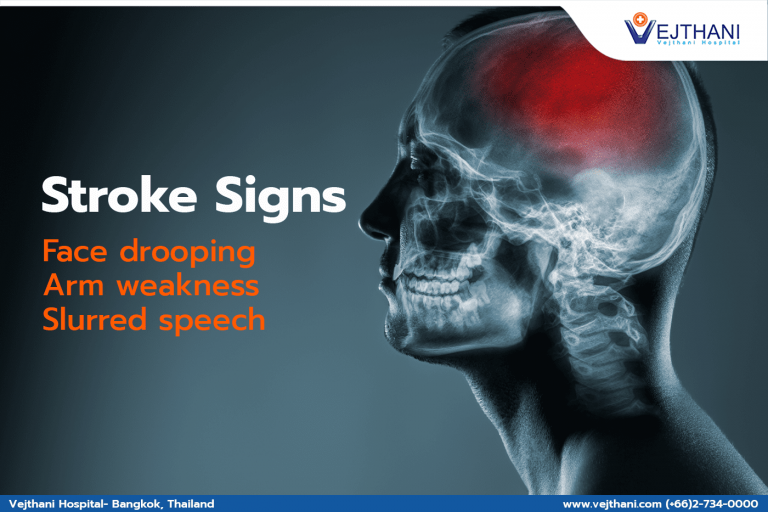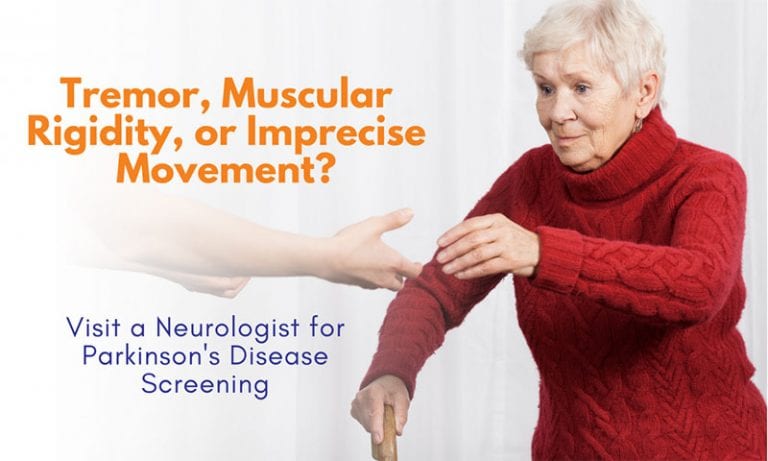Many of us know that diseases can either be caused by our lifestyle or could also be genetically inherited. What we do not know is that, there are some diseases where our own immune system, specifically our antibodies, attacks our own healthy cells. These diseases are called autoimmune diseases.
An autoimmune disease develops when your immune system, which defends your body against diseases, decides your healthy cells are foreign. Depending on the type, an autoimmune disease can affect one or many different types of body tissue.
In many autoimmune diseases, the chief weapons of attack are antibodies, proteins that circulate in the bloodstream until they meet and bind with the target tissue. Once bound, they impair the functions of the target, and signal other immune components to respond as well.
What is Plasmapheresis?
Plasmapheresis is used to remove antibodies from the bloodstream, thereby preventing them from attacking their targets. It does not directly affect the immune system’s ability to make more antibodies, and therefore may only offer temporary benefit. In these instances, a rapid improvement could save the patient’s life. Neurologic diseases are some of the diseases that could profit from plasmapheresis.
Indication
Plasmapheresis is an effective temporary treatment for autoimmune and neurologically related disorders such as:
- Guillain-Barré syndrome (an acute neurological disorder following a viral infection that produces progressive muscle weakness and paralysis)
- Myasthenia Gravis(an autoimmune disease that causes muscle weakness)
- Neuromyelitis optica (NMO-previously called Opticospinal type Multiple Sclerosis)
- Thrombotic Thrombocytopenic Purpura (a rare blood disorder peripheral nerves, which produces symptoms similar to Guillain-Barré syndrome)
- Blood that is too thick (Hyperviscosity)
A single plasmapheresis session may be effective, although it is more common to have several sessions per week over the course of two weeks or more
Benefits
Rapidly removes autoantibody which shortens the need for ICU admission, respirator attachment, and decrease patient mortality in Myasthenia Crisis where patient presents severe respiratory muscle weakness.
For other conditions, the benefits can take a few weeks to notice.
- Counteracts the effects of the body’s natural rejection process in organ transplant patients.
- Removes very high levels of cholesterol that are not reduced by diet and medications
- Eliminates toxins that can get into your blood
Preparation
- If anything is worrying you about the procedure, speak to the nurse or doctor carrying out the treatment as they may be able to help.
Some medicines can affect plasma exchange. Let your doctor or nurse know about any medications you are taking, including non- - prescribed drugs such as complementary therapies and herbal drugs.
How Plasmapheresis is done?
- Removal of blood Plasmapheresis requires insertion of a venous catheter, either in a limb or neck vein. Large veins allow higher flow rates and are more convenient for repeat procedures, but are more often the site of complications.
- Separationof blood cells from plasma (centrifugation)
- Returnof these blood cells to the body’s circulation, diluted with fresh plasma or a substitute.Red blood cell will return to patient and plasma will be exchanged with sterile human albumin protein.
Because of concerns over viral infection and allergic reaction, fresh plasma is not routinely used. Instead, the most common substitute is saline solution with sterilized human albumin protein. During the course of a single session, two to three liters of plasma is removed and replaced.
How Long Will It Take?
A single plasmapheresis treatment can take 1 to 3 hours.The length of treatment will depend on your body size and the amount of plasma that needs to be exchanged. You will most likely need 3-5 sessions in alternate day depending on the diagnosis and response of the body.
Will It Hurt?
You may experience some discomfort when the needles are inserted. The procedure itself is painless.
After the procedure
The patient may experience dizziness, nausea, numbness, tingling, or lightheadedness during or after the procedure. These effects usually pass quickly, allowing the patient to return to normal activities the same day.
Post-procedure Care
Dr. Naris added that normally, the patient will be admitted in the ward for the total course except those with Neuromyelitis Optica (NMO) who could possibly stay at home, but most of the time it is not recommended.
When you return home, be sure to follow your doctor’s instructions.
- It is best to rest afterwards and avoid physically strenuous activity.
- You may also arrange someone to take you home after treatment, rather than to drive home yourself.
- Improvement can occur within days or weeks, depending on the condition being treated.
- Benefits usually last for up to several months, but may last longer.
- Over time, autoantibodies may again be produced by your body. Because of this, plasmapheresis is mainly used as a temporary treatment.
Vejthani Hospital Neuroscience Center’s Neurology Department is a medical specialty department dealing with disorders of the nervous system.We offer only the best neurologist and neurosurgeons to evaluate patients who may have neurologic autoimmune diseases and assess patients who could be good candidates of undergoing Plasmapheresis.
Specifically, it deals with the diagnosis and treatment of all categories of disease involving the central, peripheral, and autonomic nervous systems including their coverings, blood vessels, and all effect tissue, such as muscle.
Vejthani Neuroscience Centeris an integrated center of Neurological Services. This center has many experienced and qualified neurologists and neurosurgeons in different subspecialties joining forces with other paramedical and neurological nurses, technical teams and rehabilitation team. Vejthani neuroscience center offers competent out-patient and in-patient services.
Patients can be assured of receiving an excellent international level of care for both selective and emergency needs.
Vejthani Neurosciene Center is located at Vejthani Hospital, Building1, 5th Floor.
For inquiries or appointments please contact
+66 (0) 2734-0000 ext. 5400, 5444; fax: +66 (0) 2734-0000 ext 5407
or email: [email protected].
- Readers Rating
- Rated 5 stars
5 / 5 ( Reviewers) - Spectacular
- Your Rating























